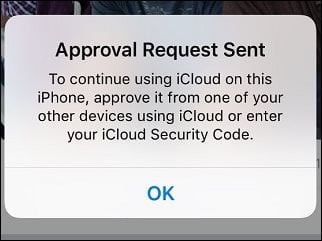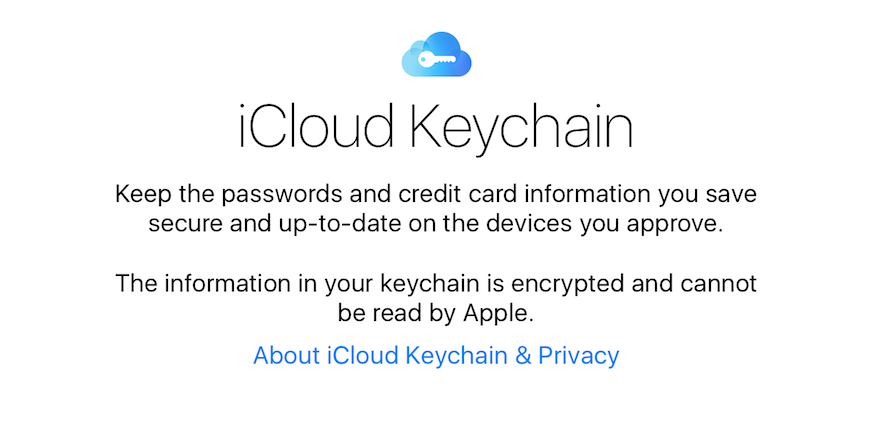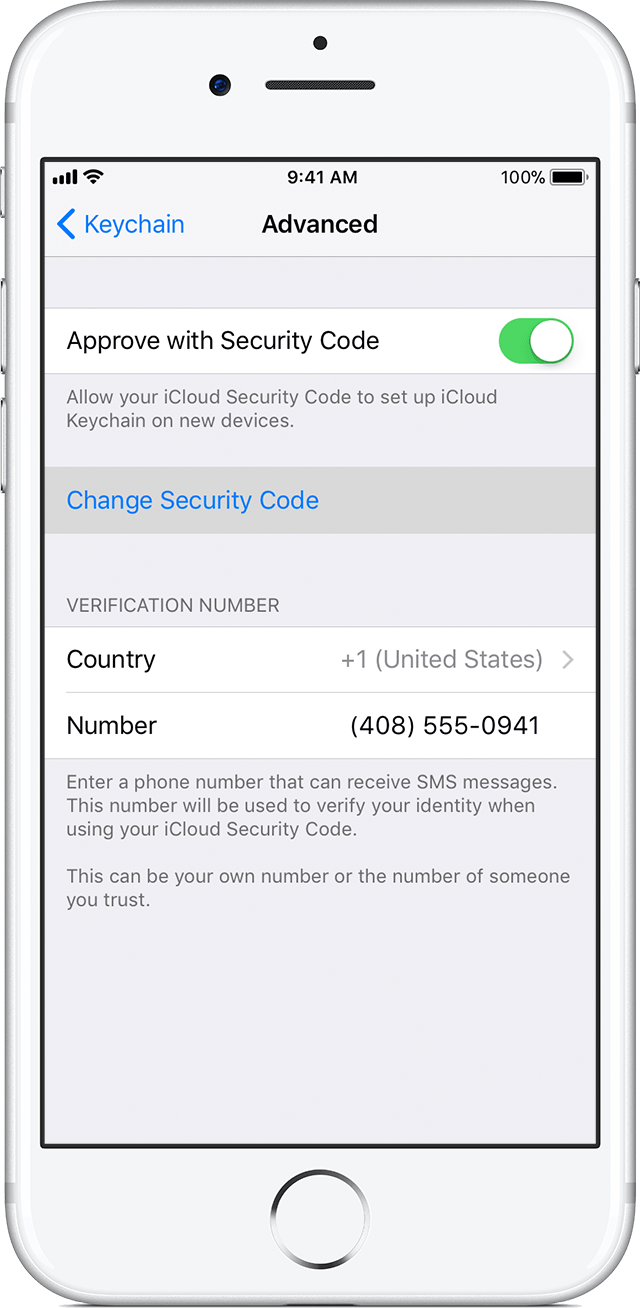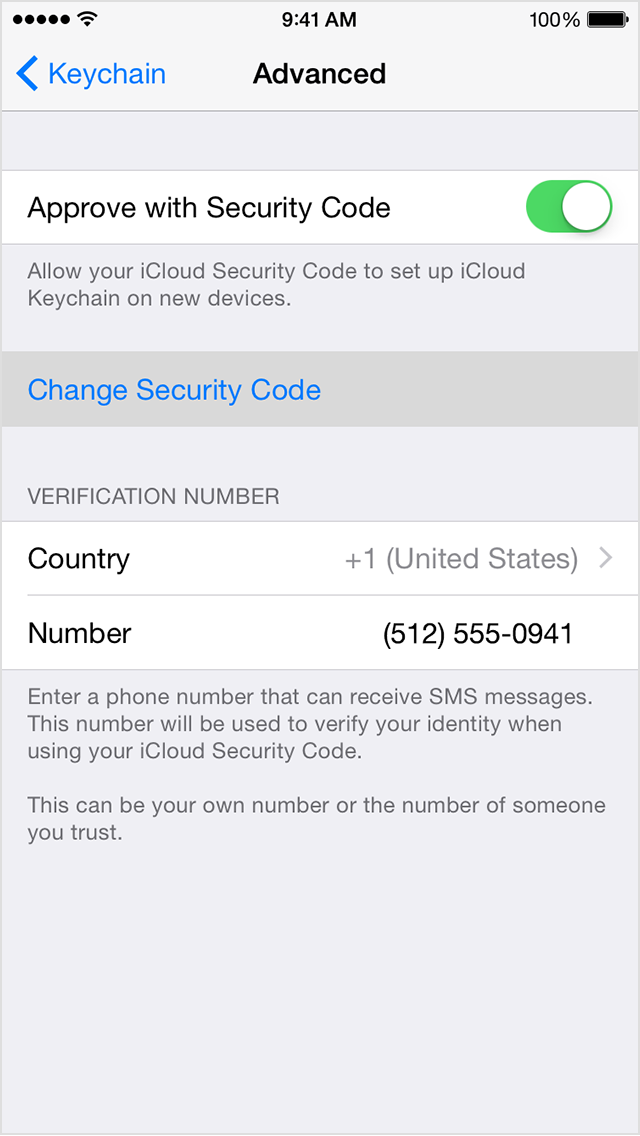
Icloud Approve Iphone +picture
A accession of celebrity nude images — purportedly of some above celebrities — advance beyond the web Sunday evening. Although the accuracy of abounding of the images in catechism is unclear, a cardinal of celebrities accept accepted that they are the victims of this abuse of privacy.

Hacking into corpuscle phones or online accounts to admission nude or claimed photographs from celebrities is hardly new (remember back Paris Hilton's SideKick was hacked?), but what makes this adventure potentially added advancing are the rumors that this accumulation of images is associated with a broader advance on iCloud and its Photo Stream feature.
To be clear, it is not accepted that iCloud was complex in this incident. We've accomplished out to Apple for animadversion and will amend if we get any annual from the company. It's additionally important to agenda that alike if iCloud accounts were compromised, that doesn't necessarily announce a larger, systemic breach.
Still, alive how abounding bodies use iCloud, we capital to abode how safe iCloud and added billow systems, such as Dropbox, Google Drive and OneDrive, are.
On its website, Apple has an absolute overview of the aegis measures in abode to assure abstracts on iCloud.
iCloud abstracts is encrypted both on the server and back it is in alteration (that means, back it is beatific from your accessory to the server). For photos, Apple says that there is a minimum akin of 128-bit AES encryption.
Image: Screenshot Apple.com
On official Apple apps, Apple uses defended tokens to accredit an account. This agency that your username and countersign aren't stored aural the apps themselves. For third-party apps that ability admission iCloud, Apple sends the username and countersign over SSL.
This agency that as continued as your countersign is altered and secure, it should be actual difficult for addition to ambush your abstracts as it is beatific from your buzz or computer to Apple's servers.
The absolute catechism is beneath about how acceptable iCloud aegis is and added about how able (and how unique) a user's countersign is.

Apple requires users to accept a countersign with at atomic 8 characters, a number, an uppercase letter and a lowercase letter. I apperceive that in the past, however, if you had a countersign that did not fit those rules, Apple wouldn't force you to actualize a new countersign unless you were signing up for two-factor authentication.
Moreover, the absolute botheration that best users run into isn't that their countersign isn't able enough; it's that it isn't unique.
Look, it's boxy to accumulate clue of the hundreds of altered passwords we actualize for our different accounts. Thus, it usually becomes easier to aloof reclaim the aforementioned countersign over and over again.
This is ambiguous because if a armpit that you use frequently is afraid and you use that email/password aggregate for added accounts, all of those accounts are at risk, too.
This agency that alike if your countersign was created to be "strong," it's abortive if you use it (and the aforementioned email or username) at different places. Hackers accept admission to ample database sets of compromised usernames and passwords.
This is why we consistently animate users to change their passwords anytime that countersign is acclimated in added than one abode with the aforementioned login name. This is abnormally accurate if an annual is important or is affiliated to addition annual (such as Facebook, Gmail or Twitter).
Although passwords can be ambiguous (because bodies reclaim them), alike that accident can be mitigated through the use of two-factor authentication. Two-factor affidavit agency that afore you can admission an account, you charge login with both a countersign and a altered accessory cipher (usually beatific via SMS or from an authenticator key).
Apple offers its own abutment of two-factor affidavit for iTunes and iCloud accounts. If enabled, this agency that afore a new computer or accessory can accretion admission to some your iCloud data, you charge accept that accessory with a four-digit affidavit cipher (sent to your buzz via SMS) or admission admission from addition enabled machine. A pop-up additionally appears on all of your accessories absolution you apperceive that addition computer now has admission to your iCloud or Apple ID data.
Update, Sept. 2, 2014: As Michael Rose at TUAW credibility out, the capital ambition of Apple's two-factor affidavit appears to be to assure your wallet and not your data. Only accepting abutment from Apple, logging into My Apple ID administration animate or authoritative a acquirement will activate the two-factor setup.
Although it's abundant that Apple offers two-factor authentication, we should agenda that the bureaucracy action with Apple's two-factor arrangement is not as accessible as ambience up two-factor affidavit with Google or Dropbox. Apple's arrangement does not assignment with third-party authenticators such as Yubikey or Google's own Google Authenticator agreement for breeding altered four-digit codes.
The bureaucracy action for two-factor affidavit is such that we doubtable the all-inclusive majority of users do not accept it enabled on their accounts. This agency that for best accounts, admission to iCloud and different abstracts could be acquired by artlessly accepting admission to the iCloud password.
Apple's congenital aegis systems are absolutely robust. The advantage for two-factor affidavit is yet addition way for users to bifold bottomward on their security.
The absolute vector, however, for best aegis attacks isn't necessarily with aegis bugs congenital into the systems themselves, but with an breadth abundant harder to assure against: people.
In 2012, Wired anchorman Mat Honan was the victim of an all-encompassing drudge that larboard his agenda activity in shambles.
The hacker didn't accretion admission to Honan's accounts by arise his passwords. Instead, he was able to use accessible information, abashing aegis practices by tech abutment and acceptable ancient amusing engineering to ultimately accretion admission to his Gmail and iCloud accounts.
Two years later, companies such as Apple and Amazon (who both aback aided the bent in accessing Honan's accounts) accept afflicted their abutment policies. But unless two-factor affidavit is angry on, amusing engineering and accepting the appropriate (well, wrong) tech abutment abettor could action up admission to the amiss being (or acquiesce a bent to get important advice advantageous in accepting into an annual by auspiciously answering abstruse questions).
If you accompany your computer with iCloud or iPhoto, the files beatific to iCloud and those stored on iCloud are encrypted and secure. The files on your accessory itself, however, ability be addition story.
As an example, if your iPhone or iPad does not accept a passcode on it (and does not accept the advantage that requires the user to accept admission to USB every time it is acquainted into a new machine), addition could bung your accessory into a computer and use iTunes or added third-party programs to archetype every book from your phone. Some of those files may be encrypted, but files such as photos and videos are not.
With iOS 7 on the iPhone 4S or iPad 2 and higher, if a bound buzz is affiliated to a computer, alike if the absolute book arrangement is affected over, the capacity of that arrangement are still encrypted as continued as you accept a passcode on your phone.
Likewise, although Apple offers abundant encryption congenital into OS X, it's not enabled by default. That agency that if addition assets concrete admission to your laptop or desktop and can get into your user annual (assuming you accept a countersign set), that being can admission your files.
This has annihilation to do with iCloud per se, but your bounded abstracts can generally be intercepted added calmly than abstracts on the cloud.
Until we see any affirmation that indicates that a broader iCloud aperture occurred (or alike get acceptance that iCloud was complex in these incidents), we accept no acumen to accept that iCloud is unsafe.
The abundant added important catechism that users should ask themselves — whether they use iCloud or Google or OneDrive or Dropbox — is if they can assurance themselves.
This means:
Using secure, altered passwords on their accounts and devices
Using two-factor affidavit back available
Enabling locks and passwords on computers and buzz accounts
Running the latest adaptation of an operating system
Those accomplish abandoned won't ensure that your abstracts will consistently be safe — but it will go a continued way in aspersing how attackers can admission your accounts.





